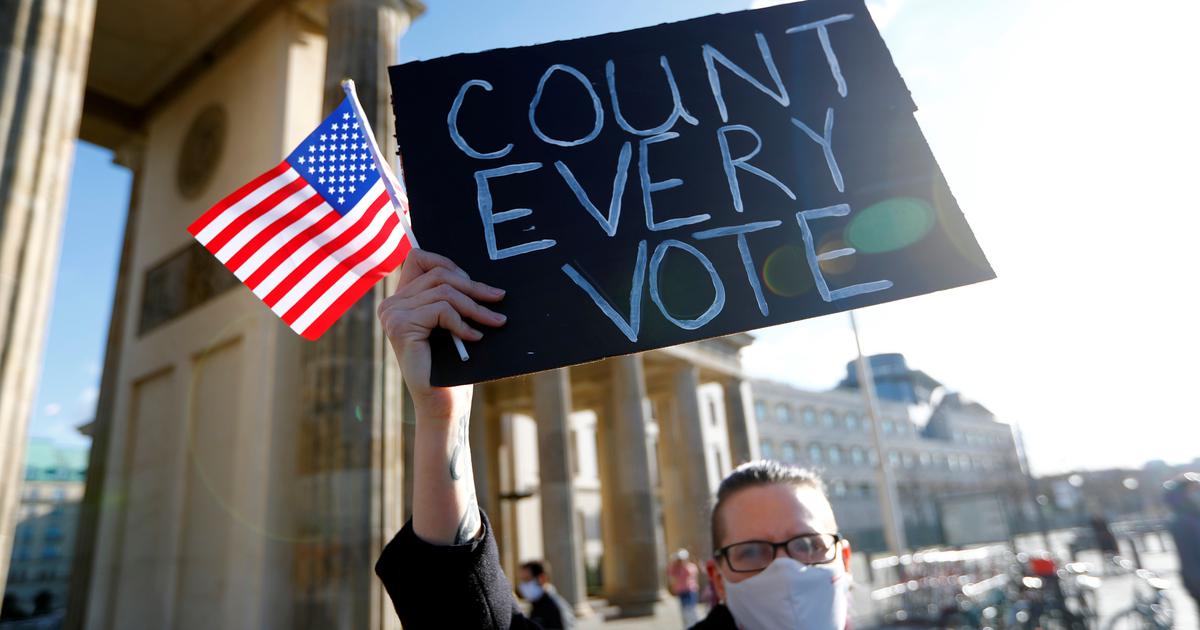Six IE students told The Stork whether or not they support the Covid-19 restrictions in Madrid. Allan Rabinovich, a third-year international relations student, was the only one who said no. He states that “the government should have no power to reduce the civil liberties of each individual citizen”. Also, he says the restrictions complicate the party life he’s grown accustomed to after two years in Madrid.
The other students disagree. Kathryn Walton, a student from England, says that “even though the curfew isn’t exactly ideal for students”, it benefits the greater good. This is the sentiment that Lukas Koppermann and Philippine Laroye, also third-year students, hold. They support the restrictions not because they worry about themselves getting sick, since they’re young and healthy, but because they don’t want to spread the virus to others. Philippine says that while she doesn’t know anyone personally who’s caught the virus, “the last thing [she wants] is to put someone in danger”, so she follows all the measures. Lukas does know several people who have had it, and he wants to ensure that he does “what is necessary in order to protect others”.
One student, a Spanish native, says that their whole life has changed both because of the restrictions and Covid-19 “in general”. They also know people who have had or currently have Covid-19. This changed their perspective, because when you know people who have suffered, they say, “the feeling of social responsibility and of being more careful with everything you do increases”. Again, Allan dissents. He argues that “everyone” has had Covid-19. If you haven’t, then you must be “anti-social.” Being anti-social, he argues, is actually a “bad thing”, despite what governments and media have convinced us. So, he says he doesn’t respect the restrictions: “Being sick isn’t dangerous”, Allan claims. “It’s natural”.
Another student, who prefers to remain anonymous, says that “Covid-19 has been so politicized” that restrictions aren’t strong enough to “curb the surge of infections”. This makes sense: we’ve all seen the virus become a political weapon. Whether it’s the masks, or the vaccine, or each government’s use of lockdowns, politics manipulates the pandemic. Conversely, others, like Allan, believe governments and the media have made the population “brainwashed and scared”.
There’s also the issue of how to act as an individual. We can still dine inside, go to bars before curfew, and attend class in person. Kathryn says that the main thing she’s changed in her life is going out at night. This is fine for her, because “we can meet friends and socialise easily throughout the day”. Habits like masks and hand-washing have become so ingrained in Philippine’s day-to-day that they “are no longer a disruption”. Lukas is a little less social and goes home a bit earlier. Otherwise, he doesn’t feel a huge impact on his life. One student, the Spaniard, says they now “avoid public transport” because of how hard it is to social-distance. Others, like the anonymous student mentioned just above, “don’t even entertain the possibility of eating at an indoor restaurant” and have switched to all-online classes.
Still, almost everyone thinks IE is doing what it can to protect students who attend in-person classes. However, not all of them are comfortable enough to make an appearance on campus. Other students, like Allan, just like “exploiting the option of having class from the comfort of [their] bed”.
Overall, it seems like IE students support the restrictions. They accept the minor inconveniences that they’ve had in their lives. They want to protect those who are more vulnerable. No matter what, I think most would agree with Philippine’s statement that “it is…up to all of us to do the right thing”. Although, maybe we have different ideas of what the right thing actually is right now.
Photo: BARBARA KOLLMEYER/MARKETWATCH







